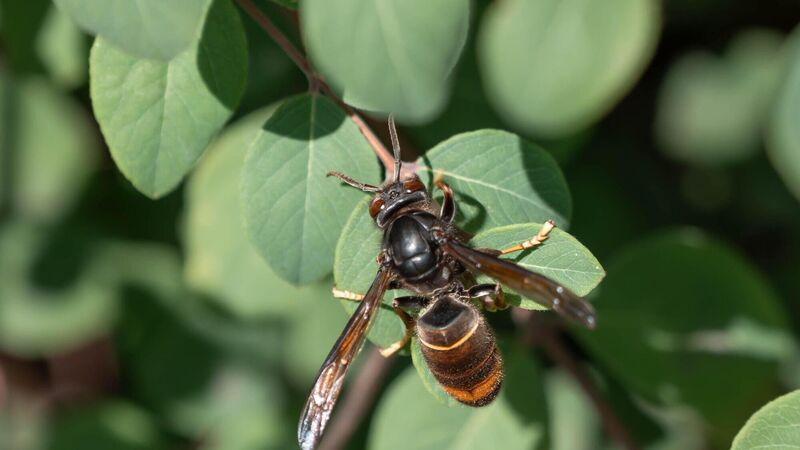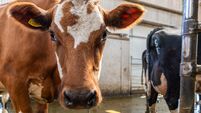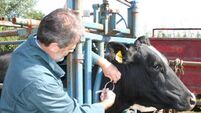Asian Hornet alert highlights crisis challenges facing beekeepers and honey producers

The Asian Hornet was sighted and photographed by a member of the public in Cork city.
A small wasp has triggered a national biodiversity alert in Ireland after being found in Cork city three weeks ago.
The Asian Hornet was sighted and photographed by a member of the public who reported the finding to the National Biodiversity Data Centre.










